Mental Health Introduction
May is Mental Health Awareness month, a topic that is near and dear to my heart as a therapist, as well as a daughter, sister, wife and friend. This month, Boost Counseling will be drilling down different topics that relate to mental health in our weekly blogs. To get us going, we will take a broad look at what encompasses mental health, why there is still a stigma surrounding it and how we can openly welcome mental health and reduce the stigma altogether.
As humans, the wellness of our mind and body is essential to whole person well-being. Our mind and body are connected and work together to support our overall health. Mental health includes a person’s psychological, emotional and social well-being. Not only does it affect how we feel, act and think, it also determines how we process and handle stress, relate to people and our environment and make choices and decisions. Just as physical health is synonymous with exercise, physical activity, eating healthy and self-care; mental health is synonymous with mindfulness, self-awareness, self-compassion, eating healthy and self-care. The way we feel in our body affects our mind, and the way we feel in our mind affects our body. The acceptance of whole person wellness will positively shift our negative stigma toward mental health.
“The way we feel in our body affects our mind, and the way we feel in our mind affects our body.”
Something that I have noticed while seeing clients and doing my own personal development, is that we want to label ourselves as either good or bad, happy or sad, success or failure and we cling to the polarity instead of accepting where we land on the spectrum of life. This polarization regarding our mental health leads us to create the story that something is wrong with us if we don’t feel “good” all the time. We start to feel ashamed of our current state, instead of accepting where we are with compassion and awareness. We are complicated beings and no two of us are the same. Therefore, when we compare ourselves to others or create a story of how we think we should feel, we are not accepting ourselves exactly as we are in the present moment. This behavior can lead us to feeling defeated and cause a sense of self-loathing, rather than self-compassion.
“Therefore, when we compare ourselves to others or create a story of how we think we should feel, we are not accepting ourselves exactly as we are in the present moment.”
Self-awareness is an important attribute of mental health. We need to be willing to get to know ourselves in order to love and accept ourselves. This process can be scary and is vulnerable. It takes courage to face our fears as well as ourselves. There are several different ways we can bring self-awareness into our lives. Mindfulness is defined as a mental state achieved by focusing one's awareness on the present moment, while calmly acknowledging and accepting one's feelings, thoughts, and bodily sensations. Working with a therapist to address mental health is a great place to start. The therapist can help you develop tools and skills to improve your self-awareness. It would be the same as working with a physical trainer to achieve physical health. Having a guide to point us in the right direction can be extremely beneficial.
“We need to be willing to get to know ourselves in order to love and accept ourselves.”
Meditation, journaling, community and social connections, animal companionship, spirituality, work-life balance are all ways to boost your mental health. Communicating what we are experiencing in our mind and body help us to not feel alone in our experience. Share your story with people who deserve to hear it. Stay tuned as we dive deeper into mental health and explore more during the month of May.


